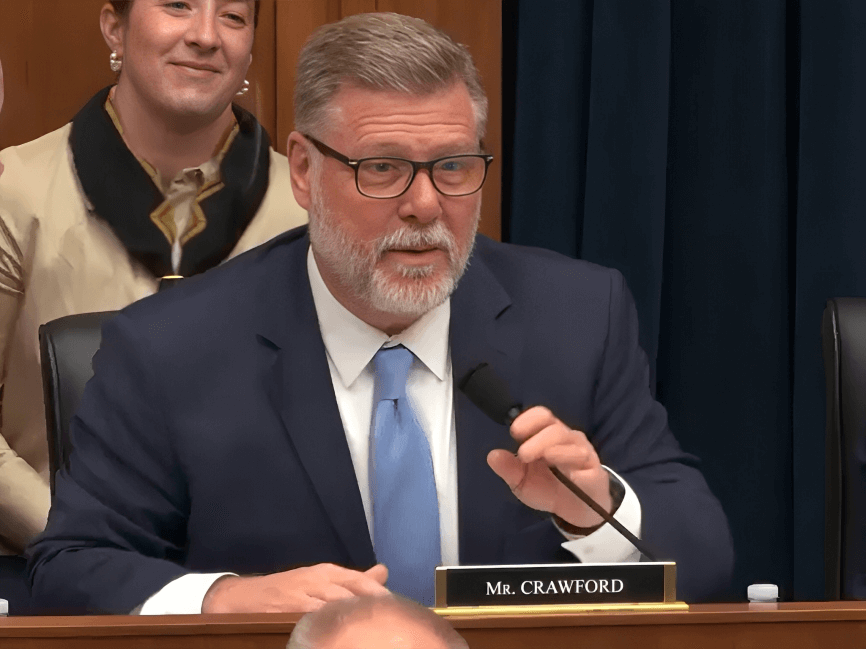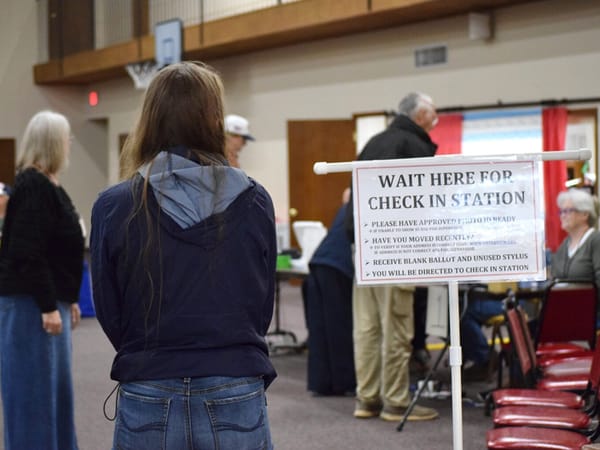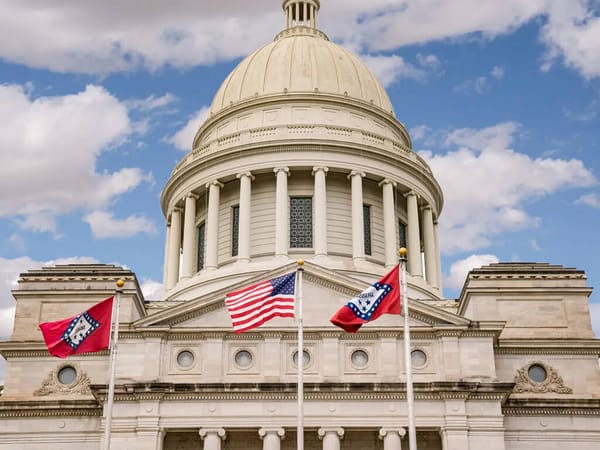A Lifeline for Arkansas Farmers? Rep. Crawford Introduces Bill for Immediate Relief
Rep. Rick Crawford introduces the Bridge the Gap for Rural Communities Act to provide urgent financial support to Arkansas farmers facing severe economic challenges.

Arkansas farmers are in serious economic distress, and no one can claim they don’t know it. Many farms have already been forced to close, while others are simply waiting for the inevitable. Relief is needed urgently, but the support currently in motion appears set to arrive too late. By the time any aid reaches the hand, it risks feeling more like a gesture of sympathy than real help for survival. The process is slowed by procedures, timelines, and approvals that may only deliver assistance after these farms have already disappeared.
Even so, some efforts are now beginning to surface. U.S. Rep. Rick Crawford has launched a new push in Congress aimed at offering short-term relief to Arkansas farmers as they brace for another year of soaring input costs and shrinking profit margins while waiting on broader federal farm safety net reforms. Partnering with Louisiana Congresswoman Julia Letlow, Crawford has introduced the Bridge the Gap for Rural Communities Act (H.R. 5710).
What is the Bridge the Gap for Rural Communities Act?
The Bridge the Gap for Rural Communities Act (H.R. 5710), introduced by U.S. Rep. Rick Crawford of Jonesboro, is designed to temporarily lift payment limits for the Price Loss Coverage (PLC) and Agriculture Risk Coverage (ARC) programs for the 2025 crop year. The legislation would allow farmers to decide by December 1 whether they want a 50 percent advance payment before the end of 2025, instead of waiting until October 2026.
The bill aims to provide a financial bridge, helping farmers navigate high costs and tight margins until updated safety net provisions under the Working Families Tax Cut Act take effect next year.
Supporters say the bill directly addresses the growing farm crisis, fueled by high input costs, low commodity prices, trade and tariff uncertainties, and delays in fully implementing a new Farm Bill. While the recent federal budget package included some Farm Bill provisions, such as adjustments to PLC, those changes will not take effect until late next year. Crawford emphasizes that this temporary measure is essential for providing farmers with immediate support.
Read the full bill here
Bill Offering Breathing Room
The bill is intended to give farmers a crucial lifeline in the face of challenges beyond their control. According to USDA data, farm input costs have surged since 2020: fertilizer up 37 percent, fuel and oil up 32 percent, and interest costs up 73 percent. Commodity prices, however, have not kept pace, putting producers at risk of substantial losses. Analysts project per-acre losses next year of $169 for corn, $154 for rice, and $379 for cotton - three of Arkansas’s top row crops.
The legislation is expected to help prevent immediate farm closures, protect Arkansas’s rural economy, and mitigate long-term consequences. U.S. Rep. Rick Crawford, a Republican representing Arkansas’s 1st Congressional District since 2011, which covers much of northeast and eastern Arkansas, called the bill essential for keeping farmers afloat.
“Sadly, we have already lost farmers, and without action, we are on the precipice of losing many more,” Crawford said. “This bill is not a silver bullet, but it will give farmers and agriculture lenders breathing room as they work through operating loans for next season. Anything we can do to keep farmers in the field for at least one more year to bridge the gap to the full benefits of the Working Families Tax Cut Act must be done.”
Crawford added that while the legislation will not fix the farm economy, it complements other efforts, including emergency relief payments championed by Chairman Thompson, Chairman Boozman, and former President Trump. He explained that the bill gives farmers space to make it through the year and save on interest expenses, while also allowing agriculture lenders, who have had to carry over loans from year to year, to strengthen their balance sheets as they plan for next season’s operating loans. “Operating at a loss year after year is incredibly difficult for these farmers,” Crawford noted, emphasizing that the stopgap measure aims to keep family farms running during the current downturn.
U.S. Rep. Julia Letlow, R-Louisiana, co-sponsor of the bill, emphasized its importance for her state. “Our commodity producers need more timely support at a time of increasing pressure on the farm economy,” Letlow said. “Our bill will provide much-needed flexibility to Louisiana growers, easing cash flow concerns and putting them in a stronger position for the next planting season.”
Time Offers Little Hope
While farmers generally welcome the bill, concerns remain. The legislation, which suspends payment limits for 2025 and allows producers to receive a 50 percent advance payment, provides meaningful support for many. “Fifty percent is better than zero,” observers note, as the funds are critical for farmers to settle existing loans and secure financing for 2026.
Despite this, doubts linger about whether the legislation will pass in time to offer real assistance, particularly amid the ongoing federal government shutdown. Until the government reopens, advancing any legislation remains difficult. Some point to the Farm Act introduced last October by Rep. Trent Kelly of Mississippi, which was included in a continuing resolution in December, as a potential indicator of the challenges Crawford’s bill may face.
Many farmers face loan deadlines in February, leaving only a narrow window for immediate assistance. Since Speaker of the House Mike Johnson, R-Louisiana, has not yet reconvened the House, the schedule for reviewing the lifeline measure remains unclear.





